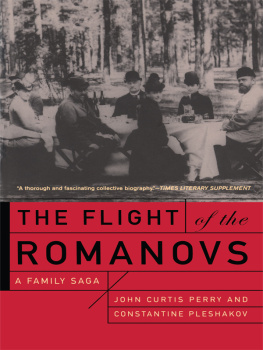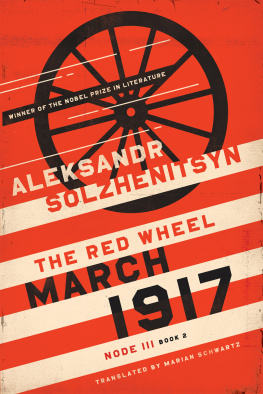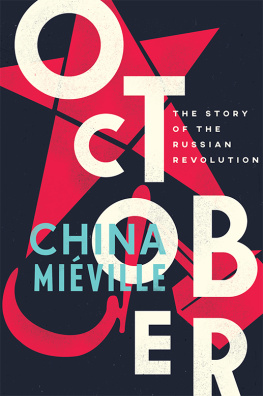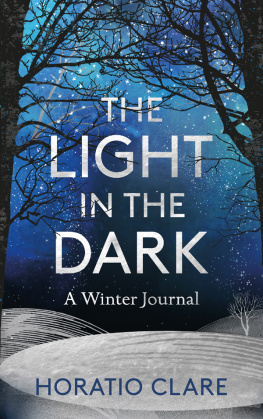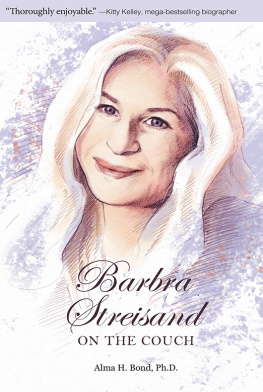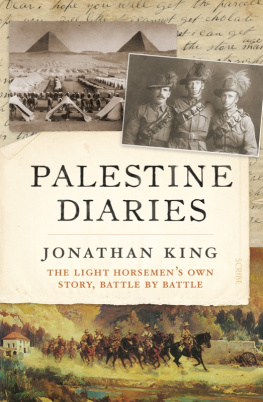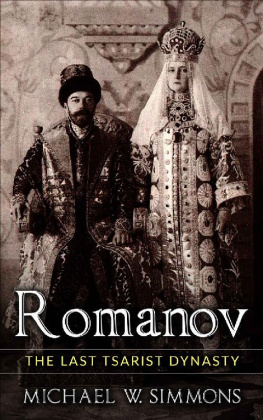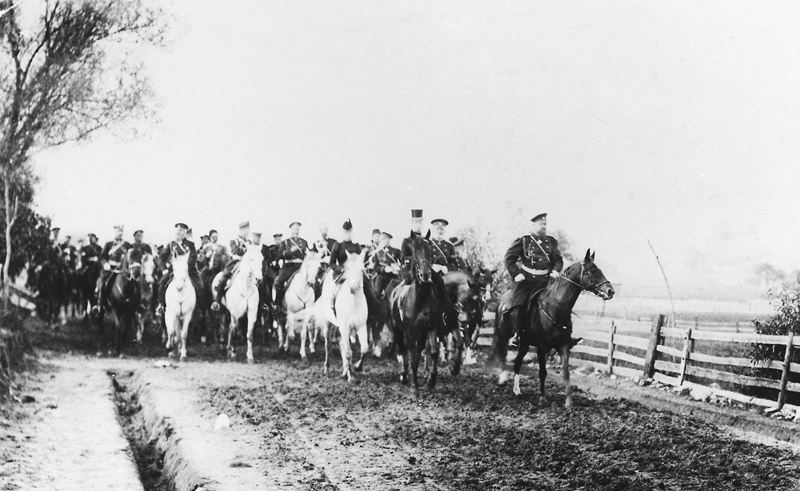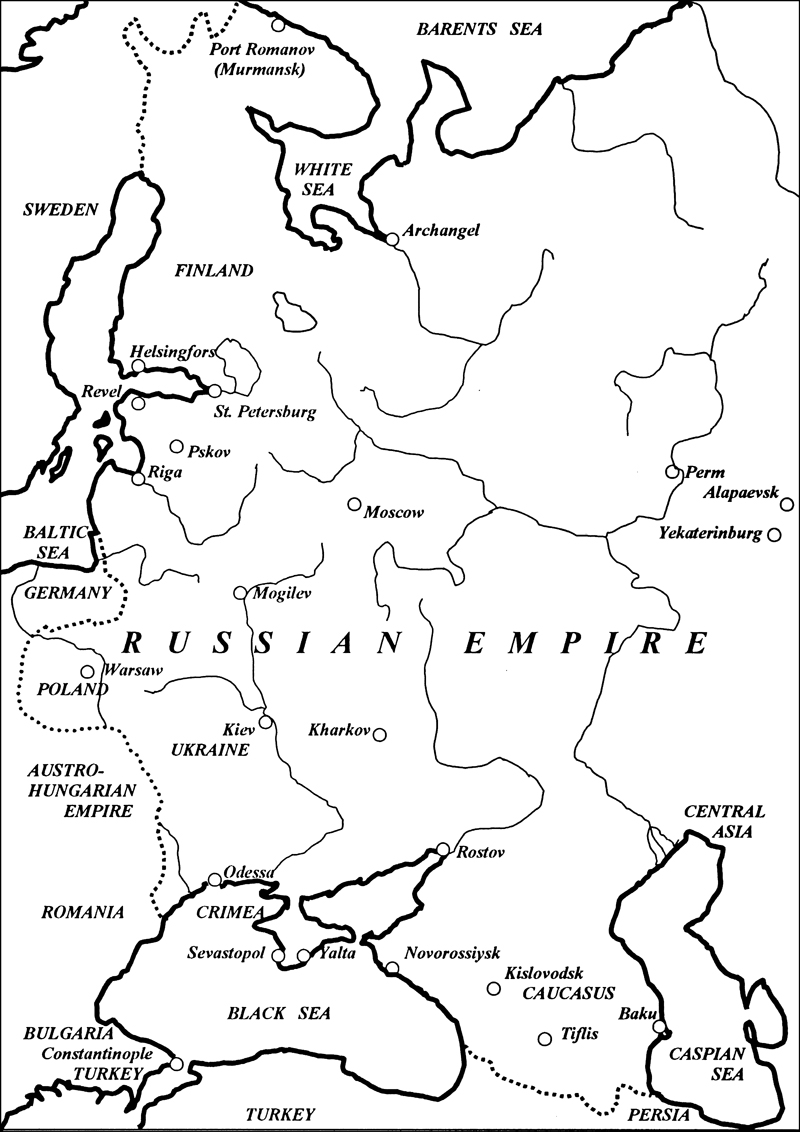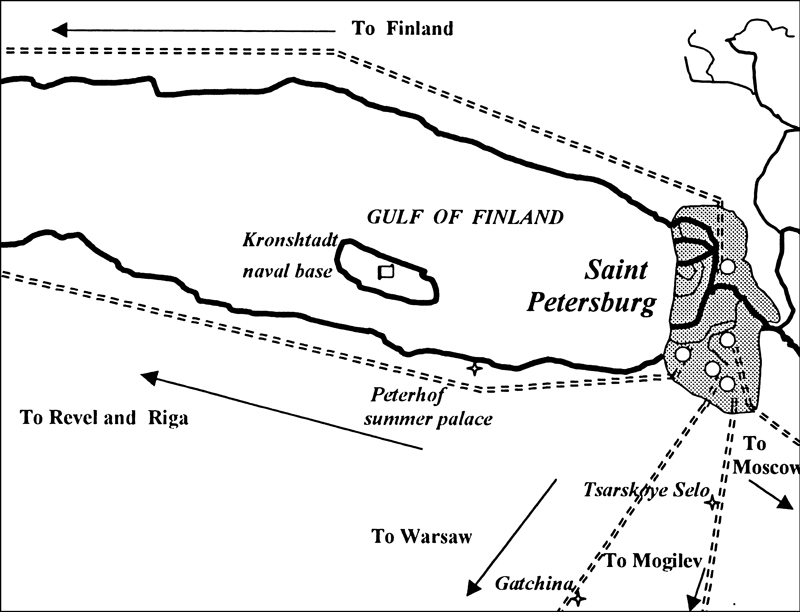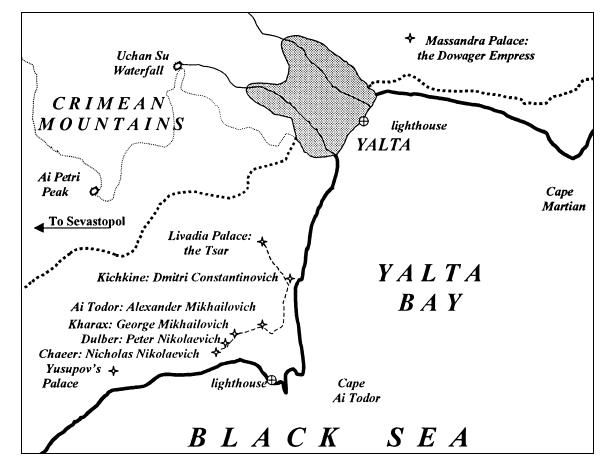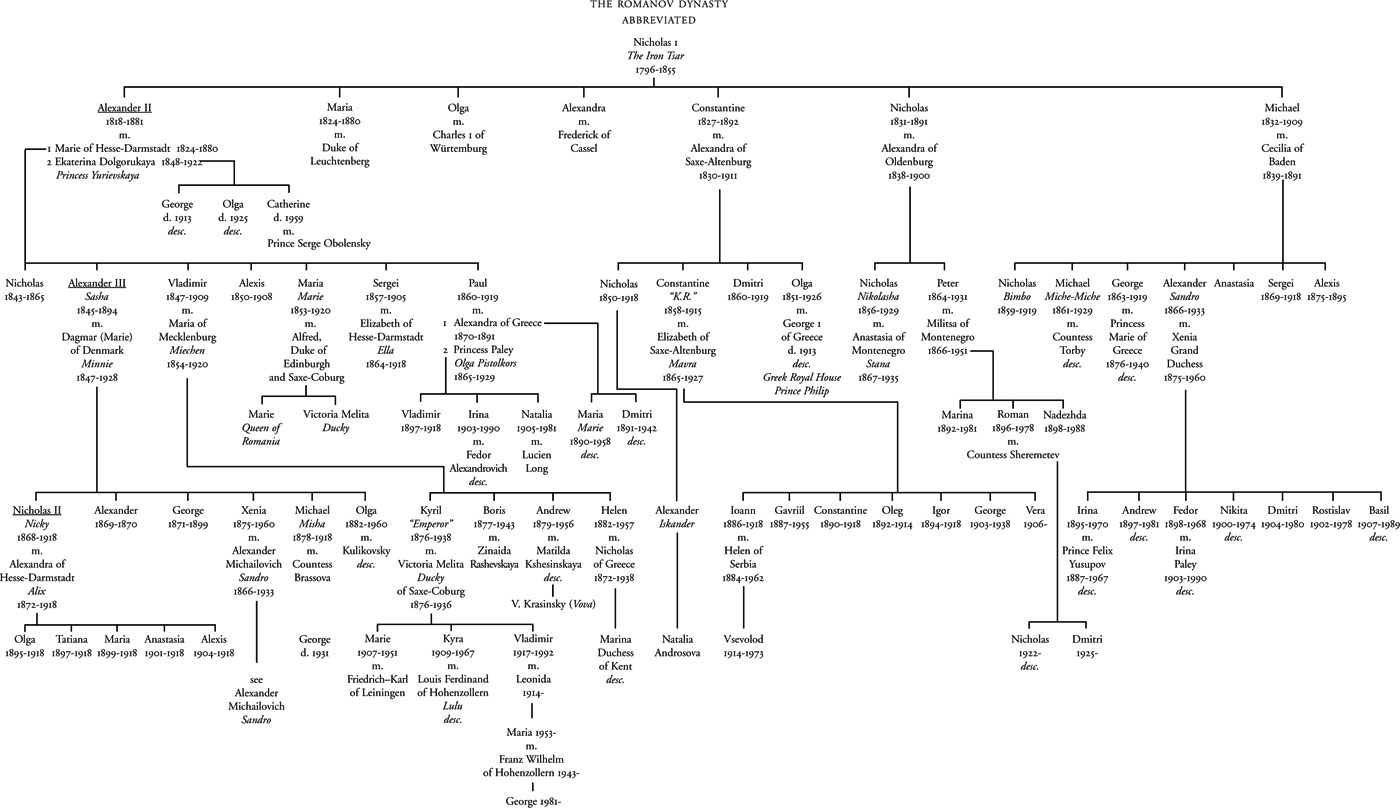Copyright 1999 by John C. Perry and Constantine V. Pleshakov
All Rights Reserved. Printed in the United States of America. No part of this book may be reproduced in any manner whatsoever without written permission except in the case of brief quotations embodied in critical articles and reviews. For information, address Basic Books, 387 Park Avenue South, New York, NY 10016-8810.
A CIP catalog record for this book is available from the Library of Congress.
ISBN 0-465-02463-7
ebook ISBN :9780786724864
F OREWORD
T HE F LIGHT OF THE R OMANOVS: A F AMILY SAGA
C ONSPIRACY AND MURDER, imprisonment, torture, flight, and abduction punctuate the story of the Romanovs, Russias last imperial dynasty, during their last century. It is a chronicle of glittering sadness, of unfulfilled expectations and squandered opportunities. As with any family, the Romanovs provide a saga of love and lust, of personal tensions and rivalries, of antagonisms and even hatreds. But because of who these people were, issues of wealth and position permeated and complicated their personal relationships. Before the great revolution, the grand dukes and grand duchesses fled from reality at home, living sumptuous jewel-studded lives in palaces isolated from the harshness and brutality of Russia, or they retreated to luxurious vacations abroad. Probably no society has ever experienced a sharper contrast between privilege and poverty, with so few rich and so many poor. This huge disparity fed rage, hatred and ultimately revolution, forcing the Romanovs and all Russian aristocrats to flee for their lives.
Most of the Romanovs, like most royals, were ordinary people thrust by birth into extraordinary circumstances of opulence and power. In a nation of strong women, the Romanov women were characteristically stronger than the men, but, when the dynasty faltered, none emerged to seize the throne. The failure of the Romanov will and ability to lead caused many millions to die and shattered a brilliant culture; the misspent lives of the Romanovs brought a tragedy of monumental proportions to the people of Russia.
This book is the story of the last century of the Romanovs, from the youth of the future Alexander III in the 1860s to the death of his daughter, Olga, the last grand duchess, in 1960. Ours is the first book to look at the Romanov family at large when the dynasty was reaching its end. We ask what role the grand dukes and grand duchesses played in the events in Russia that changed world history, as well as explore what happened to those who fled and survived the Red Terror. Today, in Russias desperate search for order, questions of leadership assume fresh importance.
Many Russians now blame the Romanovs, rulers of Russia for three hundred years, for a legacy of material poverty and political repression. Many other Russians now look back on the imperial era as a lost paradise, when a demigod presided over the nation, providing the daily bread and insuring the physical security of hisor herpeople. How these starkly different interpretations will balance out remains to be seen. Foretelling the future of any nation is impossible; foretelling Russias past is impossible, the Russians say. Armed with this caution we begin our story.
A CKNOWLEDGMENTS
T his book is a project that has occupied the two of us for more than five years. In the course of pursuing research and writing we incurred obligations to many people whom we would now like to thank.
First of all we would like to thank staff members at a number of archives that have proved to be treasure vaults for our research: the Bakhmetieff Archives (Columbia University, New York), Connecticut College Archive (New London, CT), Fridjof Nansen Archives (University of Oslo), Gosudarstvenny Arkhiv Rossiiskoi Federatsii (State Archives of the Russian Federation, Moscow), the Hoover Institution Archives (Stanford, CA), Houghton Library (Cambridge, MA), Public Record Office (London) and Rossiisky Gosudarstvenny Arkhiv Voenno-morskogo Flota (Russian State Naval Archives, St. Petersburg). We are grateful for the gracious permission of Her Majesty, Queen Elizabeth II, to read and quote from archival materials at Windsor Castle.
For the illustrations our acknowledgments go to the Hoover Institution, Rossiiski Gosudarstvenny Arkhiv Kinophotodokumentov (Russian State Pictorial Archives, Krasnogorsk), Royal Library (Copenhagen), Grand Duchess Leonida Georgievna, Princess Natalia Iskander and Alexander Zakatov. Alexey Maslennikov and Natalia Piliguda have also rendered us great help in finding and handling illustrations for the book.
This book would have been impossible to write, had there been no oral history available. Among the Romanov family members we would like to thank Prince Alexander Romanov, Princess Irina Bagration, Marusya Chavchavadze, Prince Dmitri Romanov, Olga Kulikovsky, Grand Duchess Leonida Georgievna, Princess Natalia Iskander, Prince Nicholas Romanov and Prince Paul Ilinsky. Thanks are also due to a number of experts and witnesses interviewedPaul Grabbe, Rosemary Kerry, Vladislav Kostin, Princess Tatiana Ladyzhenskaya, Mikhail Moliukov, Rev. Nikon, Andrei Shmeman, Betty Tobias, Kyra Volkova Robinson, Angela Winthrop and Alexander Zakatov. Precious oral history interviews and also invaluable research trips were arranged by Elza Bilenko, Stanislav Dumin, Valery Maksimenkov, Rev. Nikon, Alexander Radashkevitch, Andrei Shtorkh, Alla Solovieva, Alexander Sumerkin, Mikhail Trubetskoi and Elena Zelenina.
For digging in the libraries and quarrying information, we are deeply grateful to Jacek Bylica, John Fargis, Nick Gill, Stephen Halsey, Kirstin Hill, Tim House and Stephen A. Lambo. For help in a wide variety of other matters relating to this project, we would like to note the kindness of Lady Sheila de Bellaigue, Jane R. Bredeson, Oliver Everett, Dallas Finn, Donald Foreman, Inger Marie Kromann Hansen, Frances Haviland, Louisa Illum, Bodil Ostergaard-Andersen, Ilga Paddock, Diane Windham Shaw, Lee Stookey, Lis Tarlow, Renate von Bulow Wilson, Keiko Usami and Hugo Vickers. We would also like to thank the library of the Norwegian Nobel Institute for an altruistic book-search for our project.

